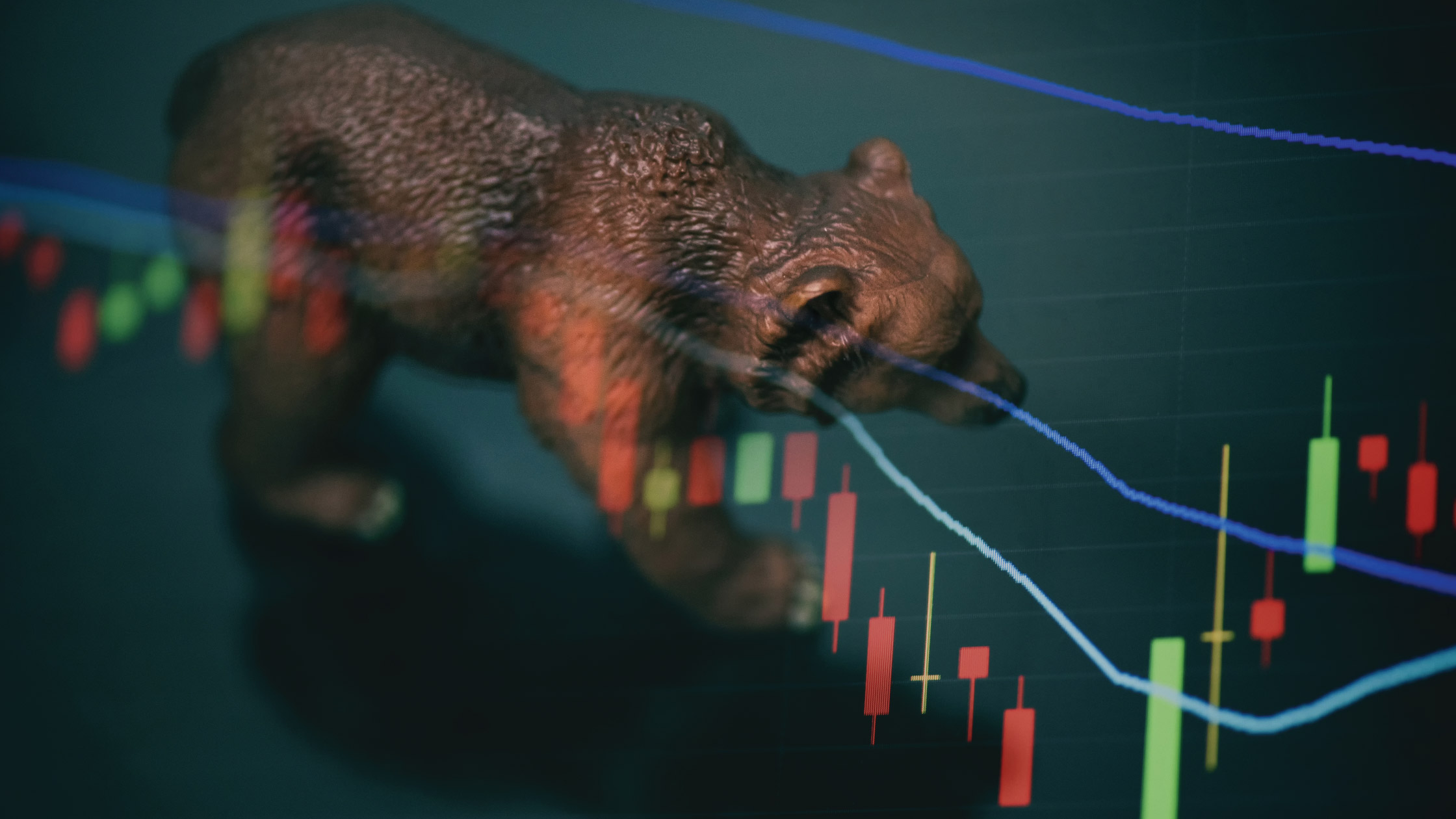Brent crude oil prices extended their loss this week to US$105.67 from US$111.63 the previous week.
In fact, crude prices declined by more than 9% on Tuesday while West Texas Intermediate (WTI) crude slid by more than 8% for its biggest one-day percentage fall since early March.
While the selloff sent WTI into a bear market temporarily (before a rebound yesterday supply shortages), oil is the latest asset to join the bear market gathering.
Earlier this year, stocks fell into a bear market while Treasury yields were declining.
Recession trade is already underway
Is the recession trade already in play as seen by the oil price movement and sharp decline in both US Treasury yields and the stock market?
No one can time the recession but the market has priced in the risk of a recession in the near term.
This is especially true in the US, with inflation at a four-decade high, prompting the US Federal Reserve (Fed) to raise policy rates by 75 basis points (bps).
One thing that continues to defy the odds is the US labour market at this juncture, which continues to remain strong.
Russia-Ukraine war, China’s COVID-lockdown add to uncertainty
One of the biggest problems right now is the Russia-Ukraine war, which is having a severe impact on some of the commodity prices – especially oil and gas.
Another uncertainty is the COVID-zero approach adopted by China, which is negatively impacting logistics and exacerbating global supply chain shortages.
As we look at how China adapts with the latest resurgence of COVID-19 cases in Shanghai, we should have better clarity on the recession risk.
The latest development, which saw record sales of 1.94 trillion yuan (US$289 billion) worth of bonds last month in China, indicates that Beijing has resorted to the old playbook of driving up growth with public investment.
Is it safe to invest with recession risk?
In a recession, the stock market tends to be very volatile, but it also offers great opportunities for investors to invest and buy stocks at a bargain.
As such, I believe that investors should stay invested despite the near-term volatility.
Here are three things to think about before you invest during a recession: have emergency savings, stay invested for at least five to seven years, and don’t be obsessed with the price movement of your portfolio in the near term.

Disclaimer: ProsperUs Investment Coach Billy Toh doesn’t own shares of any companies mentioned.










